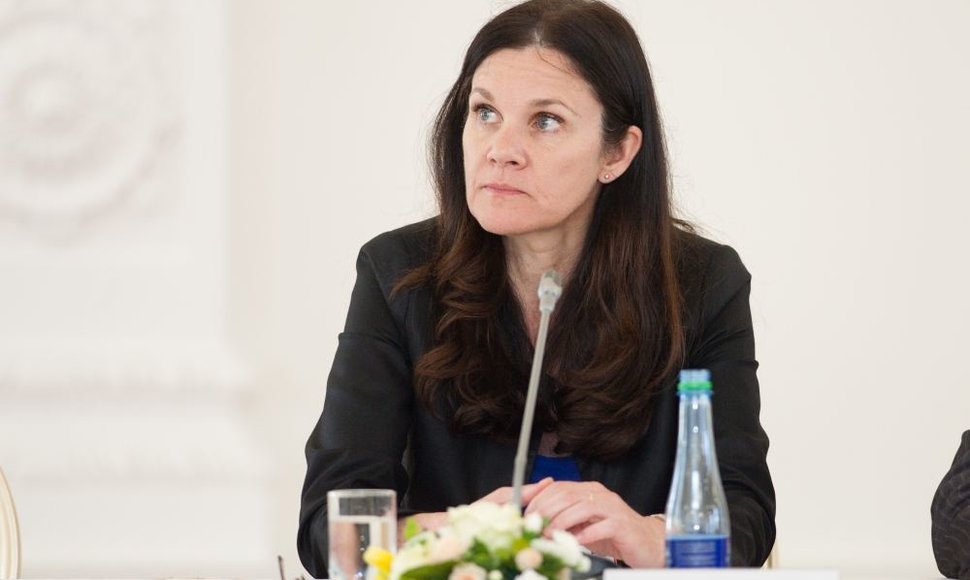Speaking at news conference on Friday, Leinartė noted that gender equality was not something that a country could achieve and then stop working in the area, adding that the existing situation had a historical background, as the situation of women in Lithuania in the 16th-18th century was better and more important, as compared with some European countries.
She said that her election to the UN committee indicated the positive attitude of other countries towards the gender equality situation in Lithuania. Leinartė said that all of Lithuania's gender equality reports were accepted, while some other countries did not have the capacities to draft such documents.
"Without a doubt, we're not looking bad (in terms of gender equality), and our election and the approval of my candidacy is one of the signs to prove it. Just as well, Lithuania submits its reports, while a major problem in the committee is the countries that are unable to write and submit their reports; among 179 member-states, many do not even have the capacities to write a national report," said the director of VU Gender Studies Center.
Leinartė was elected to the UN ommittee on the Elimination of Discrimination against Women during a UN session in New York lsdt Tuesday. The Social Security and Labor Ministry has said 24 candidates were running for 11 positions in the committee, which had never included a Lithuanian member so far.
Established in 1983, the UN Committee on the Elimination of Discrimination against Women consists of 23 gender equality experts from UN member-states. According to the press release, the members are elected in line with principles of high competences in the field of equality of men and women, geographical distribution, political systems and cultural diversity.
The committee's mandate is very specific: it watches over the progress for women made in those countries that are the states parties to the 1979 Convention on the Elimination of All Forms of Discrimination against Women. A country becomes a state party by ratifying or acceding to the Convention and thereby accepting a legal obligation to counteract discrimination against women. The committee monitors the implementation of national measures to fulfill this obligation.
2012 07 02
Dalia Leinartė: Lithuania's standing in global gender equality is not bad
Lithuania's standing in terms of gender equality in the global context is not bad, says professor Dalia Leinartė, director of Vilnius University's Gender Studies Center, who was elected to the United Nations (UN) Committee on the Elimination of Discrimination against Women.
Report mistake
Successfully sent
Thank you












